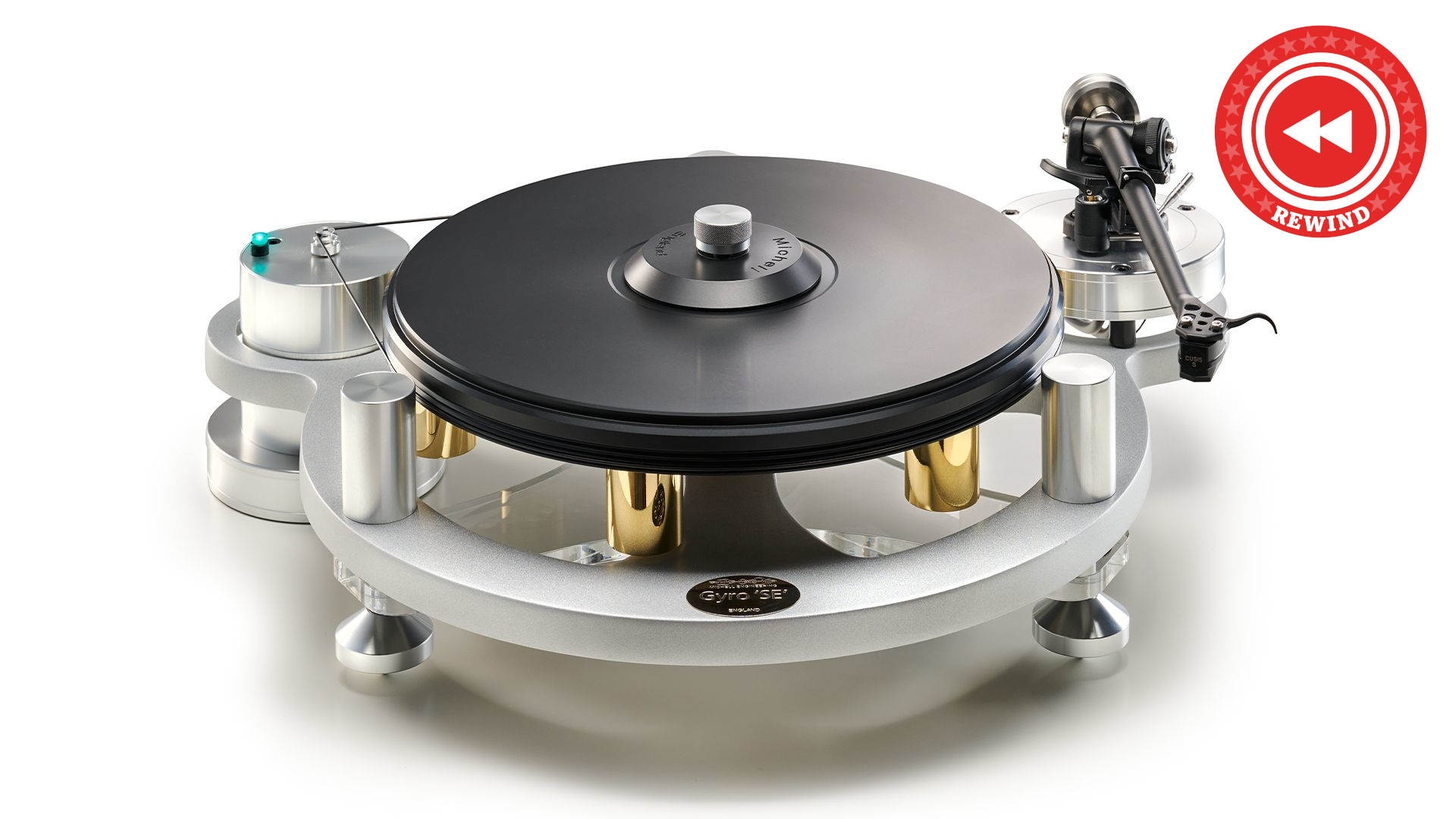Hand holding European Union and China flags on puzzle pieces joining together German automakers protested the EU decision to go ahead with tariffs on Chinese electric vehicles, green groups reckoned new European EVs would now be able to compete, while some fear this might ignite wider trade tensions. EU member states agreed Friday to formalize tentative tariffs ranging up to 35%, on top of the current 10%, but the European Commission said in a statement negotiations would continue. The EU found China had unfairly subsidized its industry.
China denies this and has threatened tariffs on European dairy, brandy, pork and automobiles, According to a report by Automotive News Europe, BMW , Volkswagen , Mercedes and Stellantis protested the increased tariffs. The European Automobile Manufacturers Association hoped the continuing negotiations might generate an alternative to increased tariffs. Reuters Breaking Views, in a column headed “EV tariffs are only the first step in EU-China war” pointed out that the deal excluded gasoline-electric hybrids, in which Chinese automakers also have a competitive advantage.
The Chinese are said to be able to make EVs with a 30% cost advantage. Breaking Views also said trade tensions between the EU and China might spread to other areas. “(the tariffs) will reduce (China’s) ability to undercut European players like Volkswagen or Renault and incentivize them to build factories on the continent (Europe).
Yet tariffs won’t freeze China out. A.


















